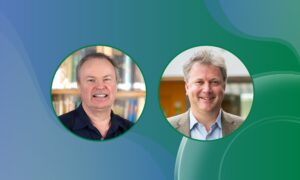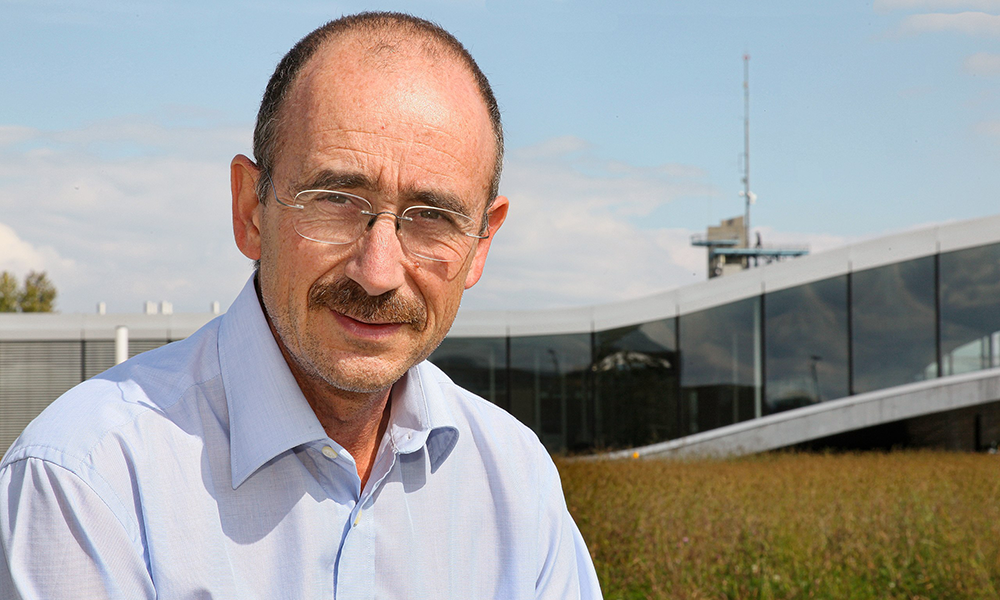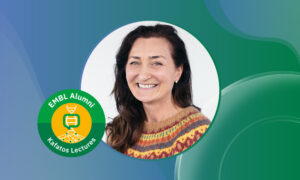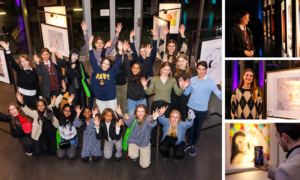
Denis Duboule to deliver inaugural Kafatos Lecture
EMBL alumnus selected to deliver public lecture discussing outstanding research in the life sciences

By Tom Furnival-Adams, Alumni Relations Officer
The Kafatos Lecture series was launched in 2021 to bring groundbreaking life science research to the public and to honour the legacy of Fotis Kafatos, former EMBL Director General, who was also the Founder and first President of the European Research Council (ERC).
The Kafatos Lectures provide an exciting new global platform for outstanding scientists who are past or current European Research Council (ERC) grantees to share their work with the general public. 2022 will mark five years since Kafatos passed away.
EMBL alumnus Denis Duboule, Professor at the École polytechnique fédérale de Lausanne (EPFL), the University of Geneva, and the Collège de France, has been selected as the speaker for the 2022 inaugural Kafatos Lecture. The event, which will take place on 7 October 2022 in Fotis Kafatos’s birthplace Heraklion, Greece, will be live streamed.
“I’m touched and very grateful to have been selected as the inaugural speaker,” said Professor Duboule. “I knew Fotis – and his science – for more than 25 years. To be invited to deliver this lecture in his memory in Heraklion, where he invested so much time and effort to promote science, is simply awesome. It is a fantastic opportunity for me, and I can’t wait.”
Professor Duboule has a long-standing connection with EMBL, having been a group leader at EMBL Heidelberg between 1988 and 1993. He also served as EMBL Council delegate and Scientific Advisory Committee (SAC) member. Remembering Kafatos, Professor Duboule said: “Fotis was exceptionally devoted to helping young people. This was a priority he retained throughout his life, at Harvard, during his leadership of EMBL, and in the foundation of the ERC. He had an intrinsic need to promote the science of young people and to help young people throughout their careers.”
Professor Duboule’s research focuses on the regulatory mechanisms underlying vertebrate pattern formation in developmental and evolutionary contexts. Asked about his goals for this public lecture, he said that he hopes to leave attendees with a realisation that science is an integral part of our society and culture. “The public has a right to access science and understand what scientists are doing.”
Registration to attend the lecture is now available. Find out more about the details.


